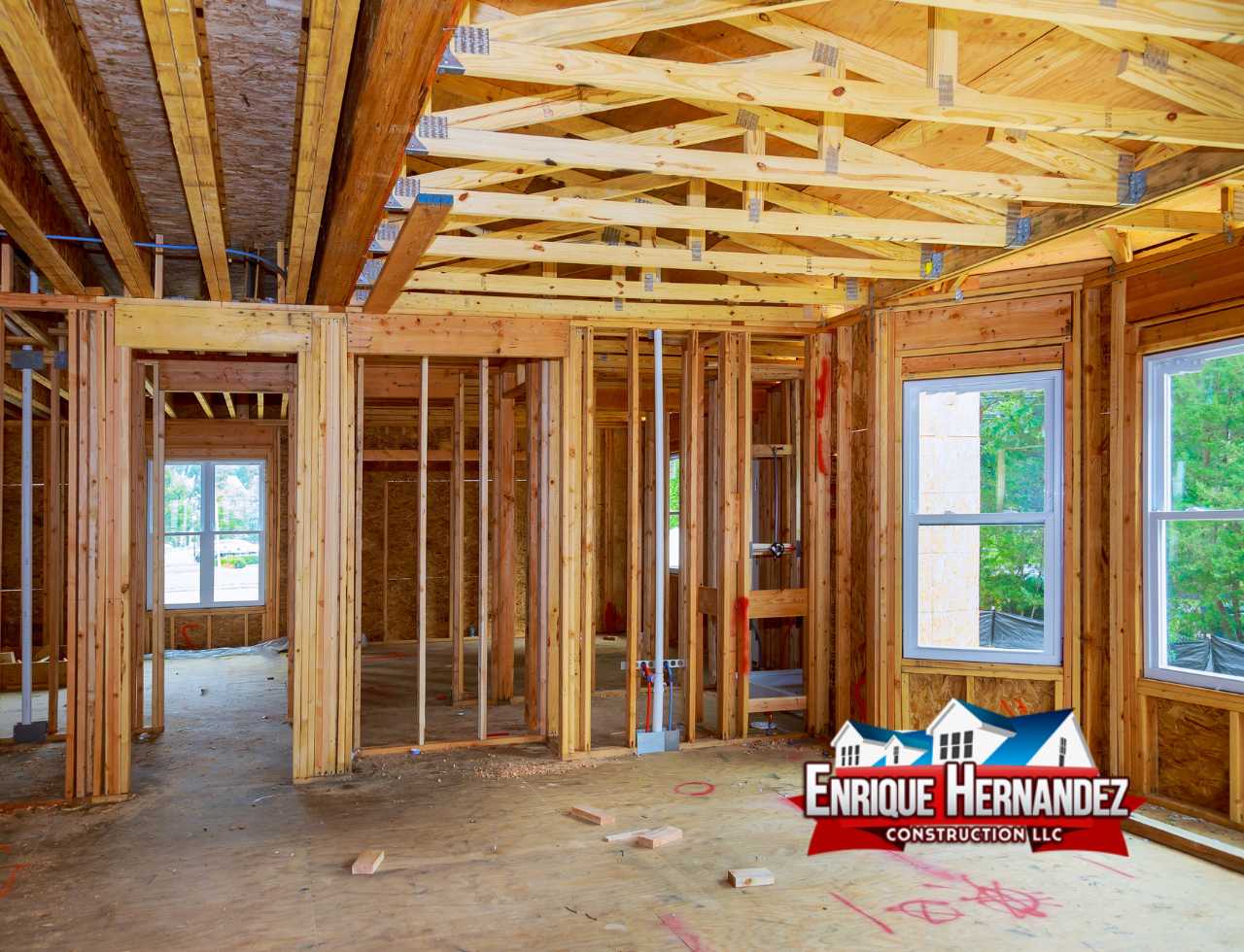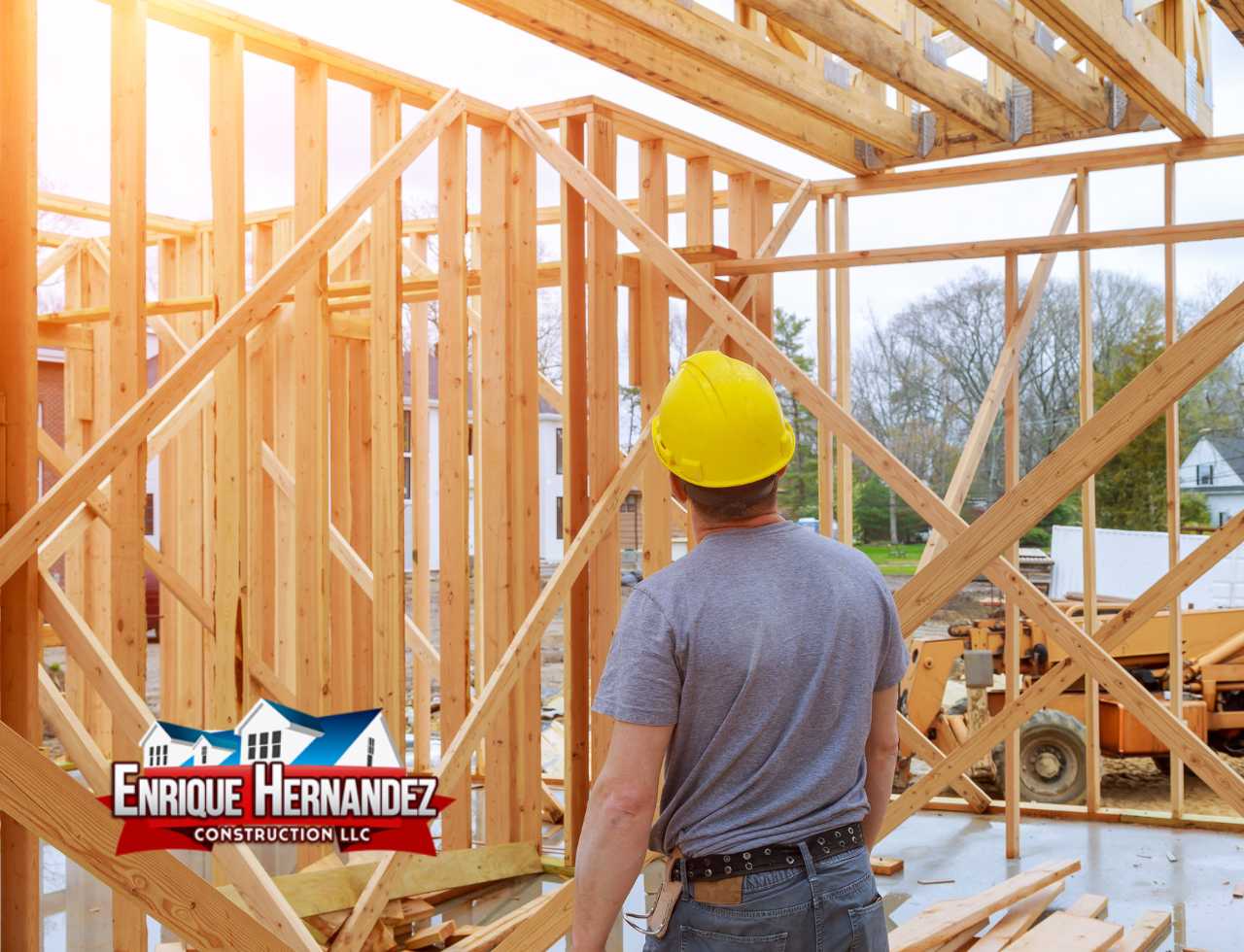
In a world where many people are looking for ways to make money, whether Is New Construction a Good Investment is still relevant. We understand the importance of this subject. In fact, our goal is to give you the information you need to make sound investing decisions. As industry leaders, we are devoted to providing relevant insights without needing visible marketing.
Evaluating Is New Construction a Good Investment

Investing in new building projects has drawn the curiosity of a wide spectrum of people, from seasoned investors to those looking for a more secure financial future. Several essential elements come into play when considering the issue, “Is new construction a good investment?”
Long-term Financial Gains
The possibility for long-term financial rewards is one compelling incentive to consider investing in new development. Because of their energy-efficient features and modern amenities, modern properties often attract higher market prices. This can result in greater rental revenue or improved resale value over time. Also, it provides investors with a solid path for wealth growth.
New construction projects frequently make use of cutting-edge building technology and design trends, which reduces the need for costly repairs and upgrades. Energy-efficient features can lower utility expenses, making the home more appealing to prospective renters or buyers.
Market Demand and Location
The location influences the demand for newly built properties. Investment possibilities are frequently available in areas undergoing population increase or economic development. Investing in a location with a strong employment market, high-quality educational institutions, and easy access to amenities might yield more promising long-term profits.
Before investing in the new building, extensive market research is required. Understanding local demographics, rental market circumstances, and the economic future may provide you with significant insight into your prospective return on investment.
Pros and Cons
Pros:
- Modern Amenities and Design: New construction properties often feature the latest design trends and modern amenities, which can be attractive to renters or buyers.
- Less Maintenance: Because everything is brand new, you’re likely to spend less on maintenance and repairs in the initial years of ownership.
- Energy Efficiency: New buildings are typically more energy-efficient, which can lead to lower utility bills and be a selling point for environmentally conscious tenants or buyers.
- Potential for Appreciation: If you invest in a growing area, the property’s value could be appreciated quickly, providing a good return on your investment.
- Warranties: Many new constructions come with warranties on the building and major systems, offering some financial protection if issues arise.
- Attractiveness to Tenants: Newer properties can be more appealing to tenants, potentially allowing for higher rental rates and lower vacancy rates.
- Customization: If you get involved early in the construction process, you might have the opportunity to customize the property to your specifications.
Cons:
- Higher Upfront Costs: New construction often comes with a higher price tag compared to older properties, requiring a larger initial investment.
- Potential for Delays: Construction projects are notorious for experiencing delays, which can be costly if you’re relying on rental income to cover your mortgage.
- Unproven Property: With an older property, you can analyze years of rental history and property performance. New construction doesn’t have this track record, making it a bit riskier.
- Location Uncertainty: New developments are often on the outskirts of towns or in up-and-coming neighborhoods, and it’s uncertain how these areas will develop over time.
- Limited Negotiation: The price for new construction is typically non-negotiable. Indeed. whereas with an older property, you might be able to negotiate a lower purchase price.
- Potential for Construction Defects: While everything is new, there’s also a risk of construction defects that might not become apparent until after the warranties have expired.
- Lack of Character: Some renters or buyers are drawn to the unique features and character of older homes, which new construction properties might lack.
Exercising Due Diligence and Mitigating Risks Is New Construction a Good Investment
While the potential for significant profits in new building projects is appealing, it is necessary to proceed with prudence. A new building, like any other venture, carries hazards. Understanding and minimizing these risks is critical to the success of any project.
Market Research
It is essential to conduct extensive market research. It is crucial to examine the demand and supply dynamics in your chosen investment location. Keep an eye out for market trends, potential stumbling blocks, and the competitive landscape.
Your market research should be wider than the current state of affairs. Understanding the influence of local urban development plans or infrastructure projects might provide insight into the potential growth of your investment.
Property Selection
The importance of choosing the correct property must be considered. Consideration must be given to factors such as the property’s condition, location, and potential for appreciation. Seeking advice from real estate specialists can be extremely beneficial during this process.
A comprehensive property evaluation can uncover any problems that could jeopardize your investment. It is critical to identify and budget for any necessary repairs or modifications. Keeping the property in good shape can increase the property’s appeal and value.
Budget and Financing
Determining a reasonable budget for your investment and receiving financing consistent with your financial goals is critical. Consider not only the initial construction expenditures but also continuing expenses such as property administration and maintenance.
Working with a financial expert can assist you in developing a complete budget that considers all prospective costs. Also, from initial construction charges to long-term property management. This ensures that you have a solid financial strategy in place.
Legal and Regulatory Compliance
It is essential to understand the legal and regulatory aspects of real estate investments. Ensure you comply with local laws and regulations, such as zoning, building permits, and tenant-landlord statutes.
Legal compliance is required not just to avoid any legal concerns but also to safeguard your investment. Failure to follow local regulations can result in expensive fines or project delays.
Contingency Planning
It is good to have well-thought-out contingency plans in place for unanticipated occurrences. Market volatility, economic downturns, or unforeseen repair bills may impact your investment. Financial reserves and exit strategies will aid you in navigating these difficulties.
A well-thought-out contingency plan can mean the difference between investment success and failure. It gives you a road map for dealing with unanticipated obstacles and ensuring financial stability.
EA Chimney & Roofing’s Expertise
Finally, whether a new building is a viable investment depends on various factors, including market conditions, location, and financial goals. At Enrique Hernandez Construction LLC, we understand the complexities of such decisions and offer our expert services to help you make educated judgments.
We can help you explore the possibility of new construction investments by using our knowledge of construction. We offer you professional services that will meet the goals that you want to achieve. Contact us today to learn more about our services and how we can help you with your investing goals. Investing in new construction is a big decision, and we’re here to help you every step of the journey, putting your financial success first.
